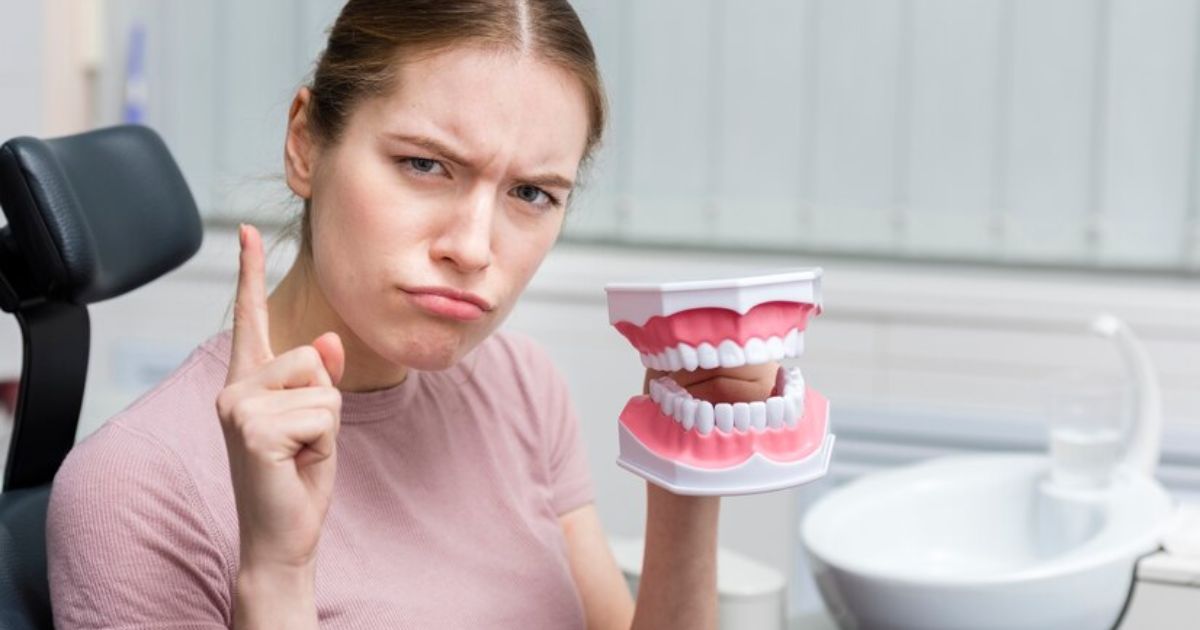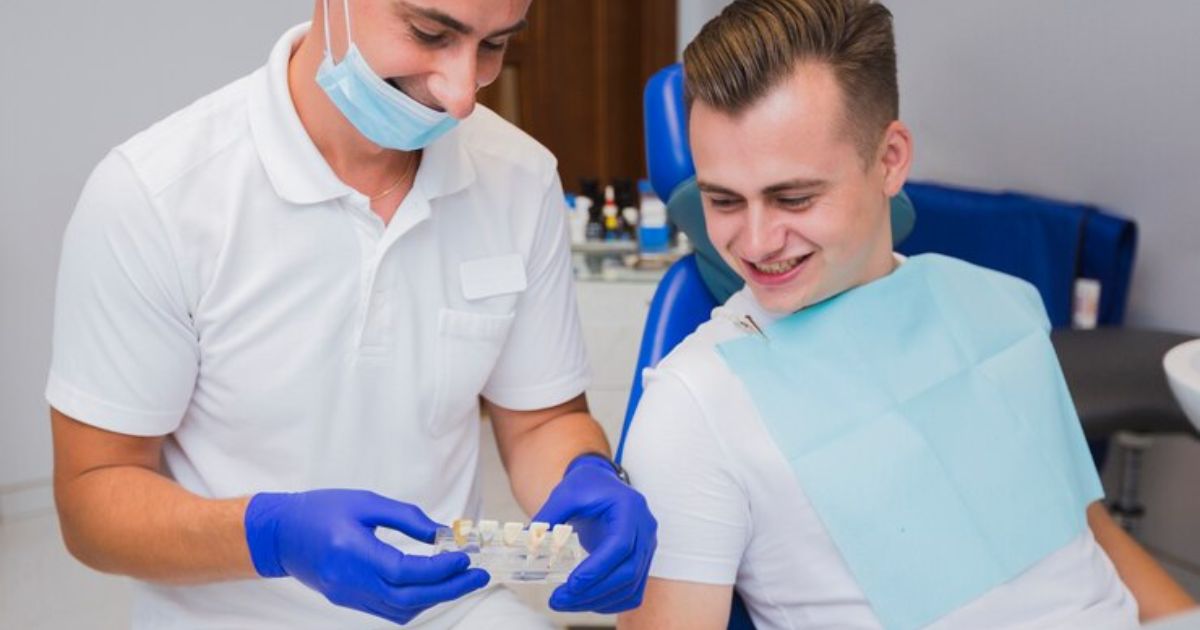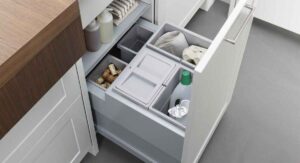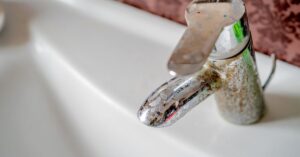In a world where oral health is paramount, the cost of Dental Cleaning Without Insurance can be a deterrent for many. However, there are affordable dental care options available, including dental schools that offer low-cost cleanings and DIY techniques that can help maintain oral hygiene. By negotiating prices with local dentists or utilizing dental discount plans, individuals can find ways to save on this essential service. Regular teeth cleanings play a vital role in maintaining overall health, ensuring a confident smile for a lifetime.
Key Takeaways
- The cost of teeth cleaning without insurance can vary, ranging from $75 to $200 per visit, depending on the dental office and location.
- Affordable dental care options such as dental discount plans, community health clinics, Medicaid or CHIP programs, and nonprofit organizations offer reduced-cost or free dental care.
- Dental schools provide low-cost teeth cleanings, as supervised students offer dental services at lower prices compared to private practices.
- DIY teeth cleaning techniques include brushing teeth twice a day, flossing daily, using mouthwash, using a tongue scraper, and practicing oil pulling for improved oral hygiene.
Average Cost of Teeth Cleaning Without Insurance
The average cost of a teeth cleaning without insurance can vary depending on the dental office and location. On average, a basic teeth cleaning can cost anywhere between $75 to $200 per visit. However, prices can go higher if additional procedures or treatments are required, such as deep cleaning or gum disease treatment. Keep in mind that these prices are just estimates and may vary based on factors like the dental office’s reputation, the dentist’s experience, and the region’s cost of living. It is always recommended to contact different dental offices in your area to get an accurate quote. Additionally, some dental offices may offer discounted rates or payment plans for patients without insurance, so it’s worth inquiring about any available options.
Affordable Dental Care Options
Affordable dental care options include dental discount plans and community health clinics. These options provide individuals without insurance access to necessary dental care at a lower cost. Here are four affordable dental care options to consider:
- Dental Discount Plans: These plans offer discounted rates on dental services for a monthly or annual fee. Members can save a significant amount of money on cleanings, fillings, and other dental procedures.
- Community Health Clinics: These clinics provide dental services to low-income individuals and families at a reduced cost or on a sliding scale based on income. They offer a range of services, including cleanings, X-rays, and extractions.
- Medicaid or CHIP: These government-funded programs provide dental coverage for eligible individuals and families with low income. They cover essential dental services, including cleanings, exams, and preventive care.
- Nonprofit Organizations: Some nonprofits offer dental assistance programs, providing low-cost or free dental care to those in need. They often partner with dental professionals who volunteer their services.
Transition: While these options offer affordable dental care, another option to consider is seeking cleanings from dental schools for low-cost cleanings.
Dental Schools for Low-Cost Cleanings
One option to consider for low-cost teeth cleanings is to seek treatment at dental schools. Dental schools often have clinics where supervised dental students provide dental services at a reduced cost. While the treatment is performed by students, it is closely supervised by experienced faculty members to ensure quality care. Here is a comparison of the average cost of teeth cleanings at dental schools compared to private practices:
| Dental Service | Dental School Cost | Private Practice Cost |
|---|---|---|
| Teeth Cleaning | $30-$75 | $75-$200 |
| X-Rays | $20-$60 | $50-$150 |
| Dental Exam | $20-$50 | $50-$150 |
As you can see, seeking treatment at dental schools can result in significant cost savings. However, it’s important to note that appointment availability at dental schools may be limited, and the treatment process may take longer due to the learning environment. Nevertheless, it is a viable option for those seeking affordable dental care. Now, let’s explore some DIY teeth cleaning techniques.
DIY Teeth Cleaning Techniques
When seeking affordable dental care, another option to consider is DIY teeth cleaning techniques. While professional dental cleanings are important for maintaining oral health, there are steps you can take at home to supplement your oral hygiene routine. Here are some effective DIY teeth cleaning techniques:
- Brushing and flossing: Brush your teeth at least twice a day for two minutes each time. Use a soft-bristled toothbrush and fluoride toothpaste. Floss daily to remove plaque and food particles from between your teeth.
- Mouthwash: Rinse with an antimicrobial mouthwash to kill bacteria and freshen your breath. Look for a mouthwash that contains fluoride to help strengthen your teeth.
- Tongue scraping: Use a tongue scraper to remove bacteria and debris from your tongue, which can contribute to bad breath.
- Oil pulling: Swish a tablespoon of coconut or sesame oil in your mouth for 10-15 minutes to reduce bacteria and improve oral hygiene.
Negotiating Prices With Local Dentists
To explore options for managing dental costs, it is worth considering the possibility of negotiating prices with local dentists. Many dentists are open to discussing fees and may be willing to offer discounted rates or payment plans, especially for patients without insurance. When approaching a dentist to negotiate prices, it is important to be respectful and explain your financial situation honestly.
Start by researching the average cost of dental procedures in your area, so you have a baseline for negotiation. Be prepared to ask if there are any available discounts, promotions, or payment options. Additionally, consider discussing the possibility of bundling multiple treatments or procedures to further reduce costs. Remember, open communication and a willingness to work together can often lead to finding a mutually beneficial solution for managing dental expenses.
Dental Discount Plans for Savings
Dental discount plans can provide significant savings for individuals without insurance. These plans offer discounted prices for a variety of dental services, including teeth cleanings. Here are four benefits of dental discount plans:
- Affordable premiums: Dental discount plans typically have low monthly or annual premiums, making them an affordable option for individuals without insurance.
- Discounted services: With a dental discount plan, you can enjoy discounted rates on teeth cleanings and other dental procedures. These discounts can help reduce the cost of your dental care significantly.
- Wide network of dentists: Dental discount plans often have a wide network of participating dentists. This means you have access to a large pool of dental professionals who offer discounted services.
- No waiting periods: Unlike dental insurance, dental discount plans usually have no waiting periods. This means you can start using your plan right away and receive immediate savings on your teeth cleaning and other dental treatments.
Importance of Regular Teeth Cleanings
Continuing from the previous subtopic, it is crucial to emphasize the significance of regular teeth cleanings for maintaining optimal oral health. Regular teeth cleanings, also known as dental prophylaxis, are an essential part of preventive dental care. They help remove plaque and tartar buildup, which can lead to tooth decay, gum disease, and other oral health problems.
In addition to removing plaque and tartar, teeth cleanings also involve a thorough examination of the mouth, allowing the dentist to detect any early signs of dental issues. By attending regular teeth cleanings, individuals can prevent dental problems before they become more serious and costly to treat. Moreover, cleanings contribute to fresher breath, a brighter smile, and overall improved oral hygiene. Therefore, it is recommended to schedule teeth cleanings every six months to maintain optimal oral health.
Tips for Maintaining Oral Hygiene Without Insurance
While lacking insurance coverage can pose challenges, there are effective strategies for maintaining oral hygiene without it. Here are four tips to help you maintain oral hygiene without insurance:
- Establish a consistent oral hygiene routine: Brush your teeth at least twice a day and floss daily to remove plaque and prevent cavities and gum disease.
- Use fluoride toothpaste and mouthwash: Fluoride helps strengthen tooth enamel and reduces the risk of tooth decay.
- Eat a balanced diet: Limit sugary and acidic foods and drinks, as they can contribute to tooth decay. Instead, opt for a diet rich in fruits, vegetables, and calcium-rich foods.
- Schedule regular dental check-ups: Even without insurance, it’s important to visit the dentist regularly for examinations and professional cleanings to maintain good oral health.
FAQ,s
Are There Any Alternative Options to Dental Schools for Low-Cost Teeth Cleanings?
There are alternative options to dental schools for low-cost teeth cleanings. These options include community health centers, dental hygiene schools, and dental clinics that offer discounted rates or sliding-scale fees based on income.
Can I Use Dental Discount Plans for Other Dental Procedures Besides Teeth Cleanings?
Dental discount plans can often be used for a wide range of dental procedures beyond just teeth cleanings. These plans provide discounted rates on various dental services, making them a cost-effective option for individuals without insurance coverage.
How Often Should I Have a Teeth Cleaning if I Don’t Have Insurance?
For optimal oral health, it is recommended to have a teeth cleaning every six months. This frequency applies regardless of insurance coverage, as regular cleanings help prevent dental issues and maintain a healthy smile.
Are There Any Potential Risks or Disadvantages to DIY Teeth Cleaning Techniques?
There are potential risks and disadvantages to DIY teeth cleaning techniques. Without professional guidance, individuals may not effectively remove plaque and tartar, leading to oral health issues such as gum disease and tooth decay. It is recommended to seek professional dental care for optimal oral health.
Are There Any Government Assistance Programs or Grants Available for Individuals Without Dental Insurance?
There are government assistance programs and grants available for individuals without dental insurance. These programs aim to provide financial support and access to dental care, ensuring that everyone has access to necessary oral healthcare services.
Conclusion
In conclusion, maintaining oral hygiene without insurance can be a daunting task, but there are affordable options available. From seeking low-cost cleanings at dental schools to utilizing DIY techniques and negotiating prices with local dentists, individuals can still prioritize their dental health. Additionally, dental discount plans offer savings for those without insurance. Regular teeth cleanings are crucial for maintaining oral health and preventing potential dental issues. Despite the challenges, it is possible to take care of one’s teeth without insurance.










